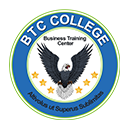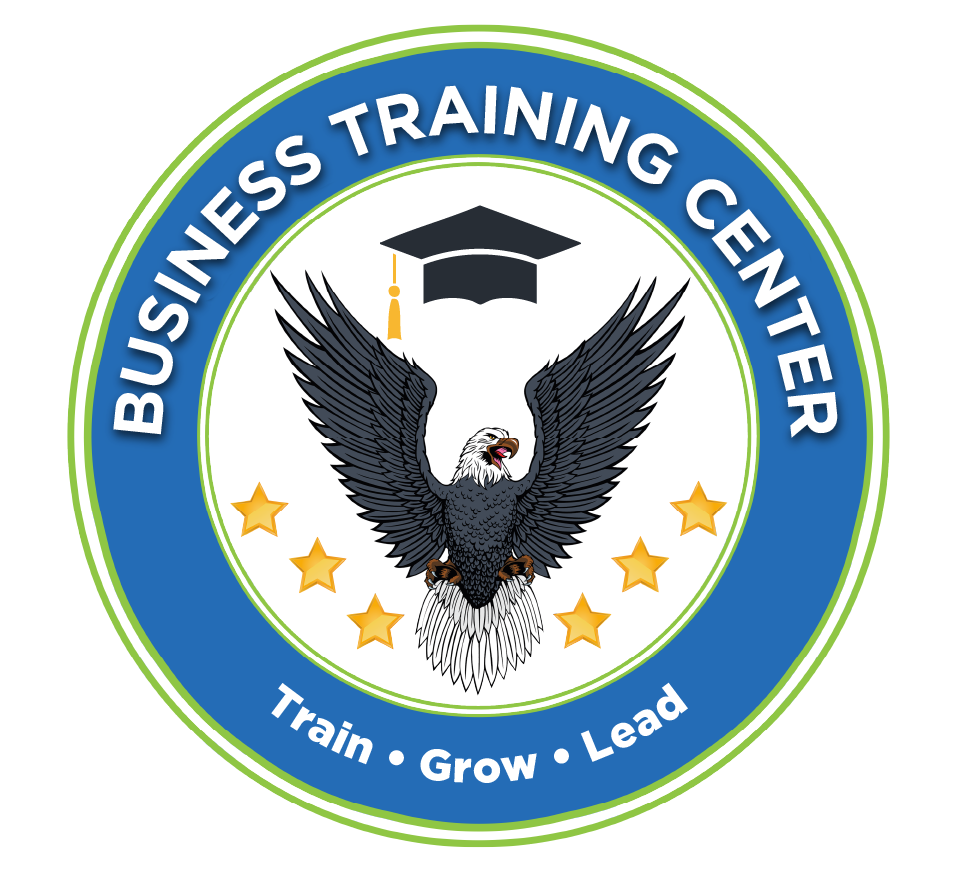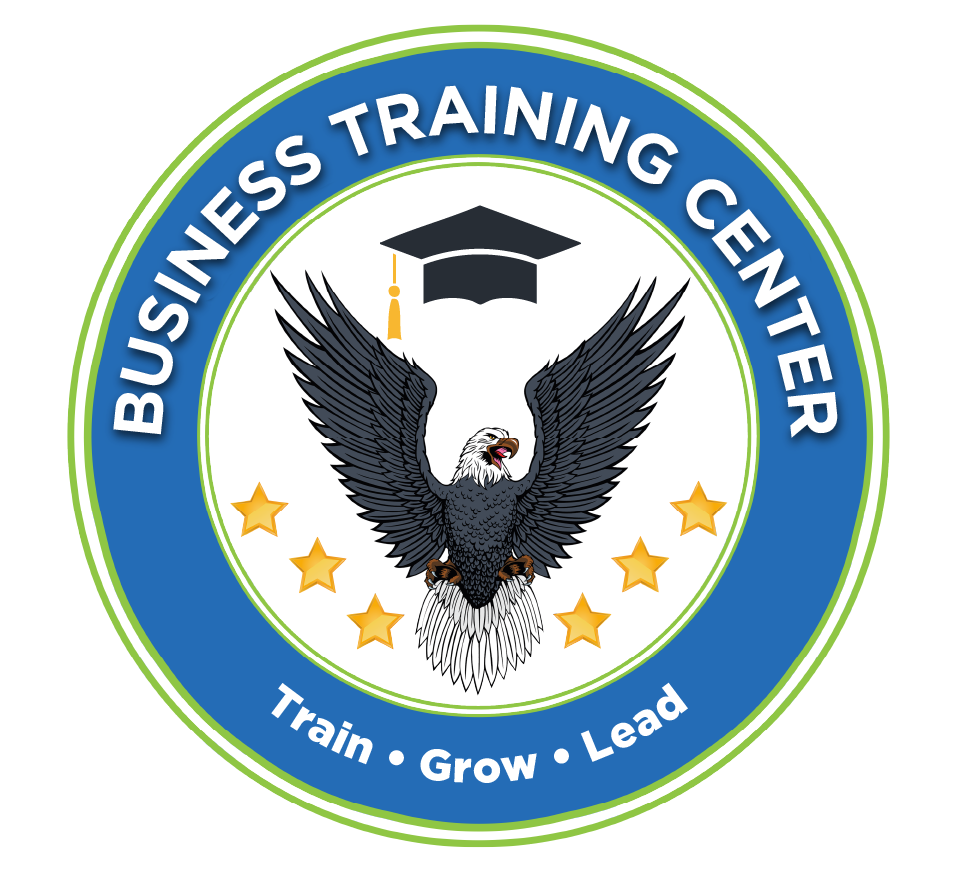This program is designed to create professionals trained in tourism and travel organisation and management.
The tourism industry and its earnings are very important to many countries worldwide, and tourism is a major force in the economy of the world – it has become an activity of global importance and significance. However, it has also become an industry sector which, unless it is well managed and controlled, can have harmful effects on the cultures and environments of “host” countries. To benefit from tourism its development must be planned, controlled and “sold” using modern marketing methods, the tourism and travel markets and their products, and the needs and expectations of customers – must be understood and satisfied. This Program covers all these matters and more.
MAJOR TOPICS COVERED IN THIS DIPLOMA PROGRAM INCLUDE:
- Definitions of tourism, the wide range of motivations for travel.
- The types of visitors and travellers, types of tour organisations.
- The tourism industry: its structure, components and organisation; tourism products and services.
- Tourist destinations, attractions, amenities and facilities; accessibility to tourism destinations.
- The national and international importance of tourism, its effects on the balance of trade.
- Economic and social consequences of tourism, employment opportunities, effects on culture.
- Income received from tourism, the income multiplier, invisible exports.
- Factors to consider in developing tourism.
- Investment in tourism, sources of finance – financial and other factors.
- Reasons for government involvement in tourism development, and potential government actions: tax and customs duties policies.
- Measurement of tourism, tourism statistics, SWOT analysis and information provided.
- More on development – the tourism framework: people, markets, destinations, routes.
- The tourism and resorts life cycle; infrastructure and superstructure.
- Structure and organisation of the tourism industry.
- Channels of distribution for products, carriers, amenity and attraction providers, accommodation establishments.
- Wholesalers and retailers of tourism products.
- Tourism and travel markets: leisure and activity holidays, business travel.
- Types of tours, sightseeing, cruising and cultural tours.
- VFR travel, cultural, educational, health travel – the increasing range available.
- Inclusive and IT tours.
- Tourism operators: mass market, specialist, domestic, others; economics of tour operations, supplements and surcharges.
- Transport, carriers: air, rail, road, sea, inland.
- Accommodation and catering; the range, types and standards of accommodation.
- Rating and categorisation of hotels and other accommodation units.
- Consumer demands and changes in tastes, seasonality, pricing strategies and other issues.
- State promotion of tourism, national, regional and local tourist organisations.
- The roles of tour operators/travel agents and tourist information offices.
- Reservations systems, booking forms, itineraries, fares, tickets. Inclusive and package tours.
- Public and private tourism marketing; communications, the promotional mix, market research, sales planning and forecasting.
- Advertising and sales promotions campaigns, special offers and merchandising, displays.
- Tour brochures: types, sizes, importance, design and layout.
- Websites: internet marketing, comparison websites, in-line bookings and payments.
- Social media and viral marketing, marketing opportunities on-line.
- A tourism and travel promotional campaign, from planning and review, through to strategy, marketing, advertising, literature, information, website and other promotions, media relations.
Curriculum
- 1 Section
- 13 Lessons
- 16 Weeks
Expand all sectionsCollapse all sections
- Tourism & Travel Management18
- 2.1Lesson 1
- 2.2Lesson 2
- 2.3Lesson 3
- 2.4Lesson 4
- 2.5Lesson 5
- 2.6Lesson 6
- 2.7Lesson 7
- 2.8Lesson 8
- 2.9Lesson 9
- 2.10Lesson 10
- 2.11Lesson 11
- 2.12Lesson 12
- 2.13Quiz 110 Minutes0 Questions
- 2.14Quiz 210 Minutes0 Questions
- 2.15Quiz 310 Minutes0 Questions
- 2.16Quiz 410 Minutes0 Questions
- 2.17Quiz 510 Minutes0 Questions
- 2.18Zoom Meeting



